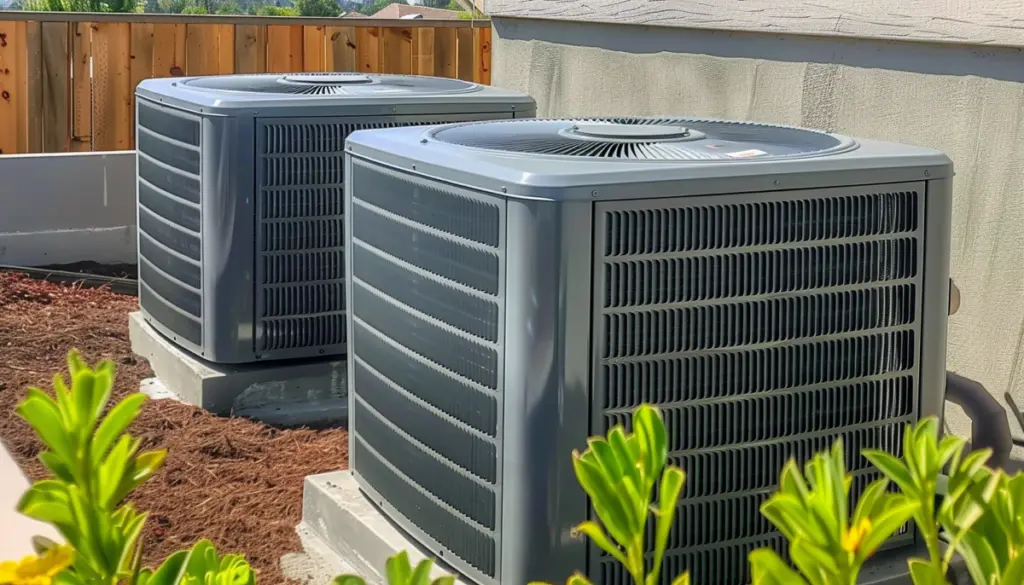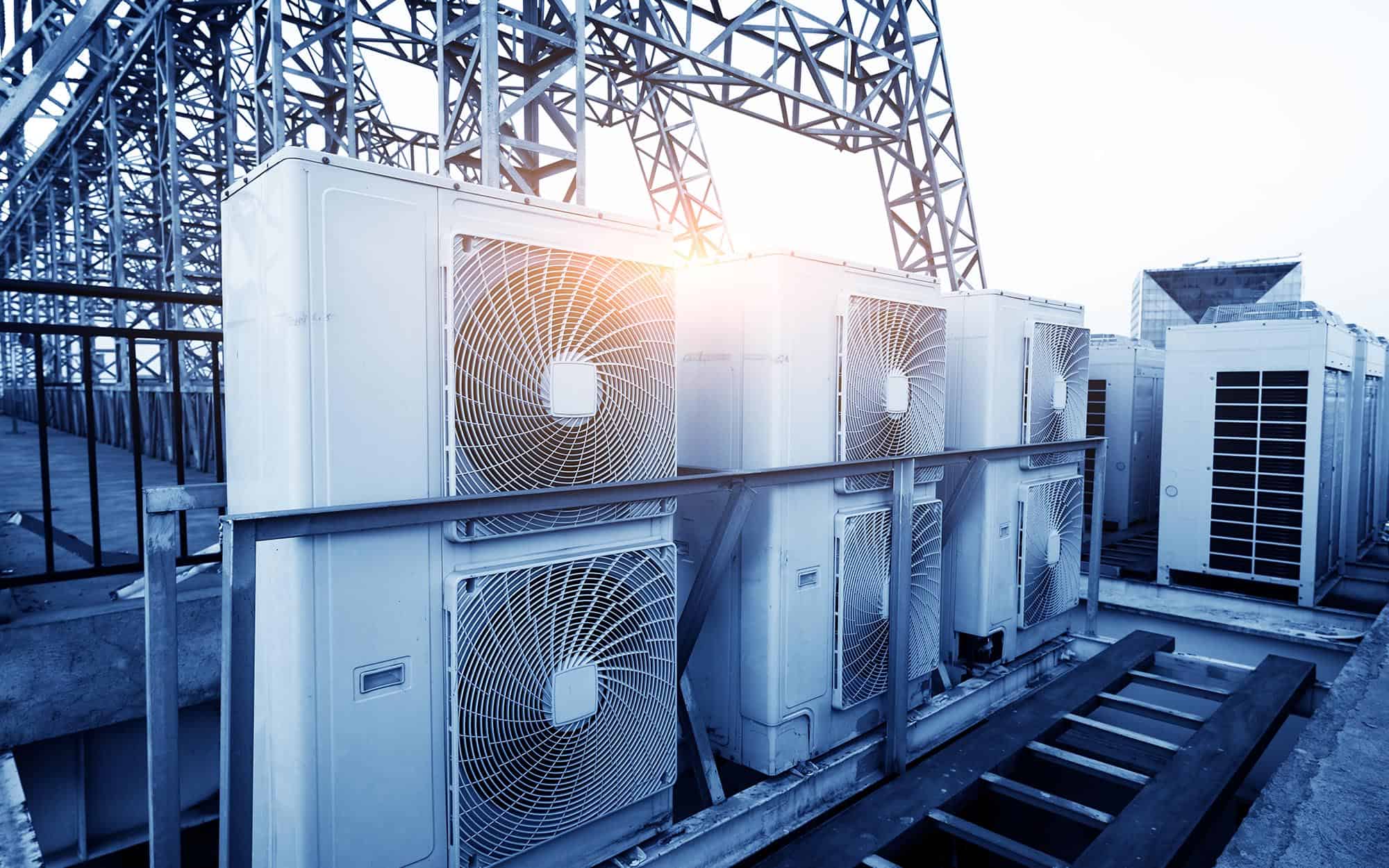Your Overview to Picking the Right HVAC System for Your Requirements
Picking a proper HVAC system is an important decision that can dramatically affect comfort and power performance in your home. In addition, understanding the different kinds of systems offered and their power rankings can aid direct your option.
Understanding A/c System Types
When picking a HVAC system, it is necessary to comprehend the different kinds available to satisfy your particular demands. The key groups of cooling and heating systems consist of central air conditioning systems, ductless mini-split systems, heatpump, and furnace systems.
Central air conditioning systems are designed to cool numerous areas making use of ductwork to distribute conditioned air. They are excellent for bigger homes calling for consistent temperature control. Ductless mini-split systems, on the other hand, offer flexibility and efficiency, as they permit zoning abilities, making it possible for private room temperature level regulation without the demand for ductwork.
Warmth pumps run by transferring heat as opposed to producing it, making them an energy-efficient alternative for both home heating and cooling. They are particularly effective in moderate climates. On the other hand, furnace systems use combustion to generate heat, making use of either gas, electrical energy, or oil. They are preferred in chillier regions where heating demands are considerable.
Each system has distinctive advantages and considerations, consisting of installation requirements, maintenance, and general expenses. Comprehending these types will assist home owners make educated choices based upon their certain needs, climate, and budget plan constraints, inevitably making sure optimal comfort and performance.
Examining Power Effectiveness
Energy effectiveness is an important factor in the choice of an A/c system, as it straight affects both utility expenses and environmental sustainability. The Seasonal Power Efficiency Ratio (SEER) and the Heating Seasonal Efficiency Aspect (HSPF) are crucial indicators for air conditioning systems, representing their effectiveness over a normal air conditioning and heating period, specifically.
Furthermore, try to find systems that have made the power STAR tag. This qualification represents that the tools satisfies stringent energy performance guidelines established by the united state Environmental Defense Agency. Consider the system's variable-speed technology, which permits for much more effective procedure by readjusting the result to match demand, better boosting power savings.
In addition, proper insulation and air duct sealing can dramatically affect the system's total performance. In recap, picking an energy-efficient heating and cooling system not only reduces your energy expenses but also adds to an extra lasting environment, making it a crucial consideration in your buying procedure.
Assessing System Size
Picking the appropriate size for a cooling and heating system is critical to making certain optimal efficiency and efficiency. An undersized system might battle to keep desired temperatures, leading to increased wear and tear, higher power usage, and decreased convenience. On the other hand, an extra-large system can cause quick cycling, which not only triggers ineffectiveness but additionally influences moisture control and air top quality.
To evaluate the ideal sizing, it is vital to conduct a load computation, which considers variables such as the square video of the room, insulation degrees, window sizes, and neighborhood environment problems - furnace installation. This calculation aids determine the British Thermal Units (BTU) needed for home heating and cooling. Furthermore, it is vital to represent details needs, such as the variety of residents and the presence of heat-generating home appliances

Installation Costs and Spending Plan
An extensive understanding of installation expenses is important for home owners and organizations considering a brand-new HVAC system. The complete expense of installment can differ commonly based upon several factors, including the kind of system, the complexity of installment, and the area of the home. Typically, installment costs can range from $3,000 to $10,000, depending upon the system's dimension and effectiveness.
When budgeting for a heating and cooling system, it is vital to take into consideration More about the author not only the initial setup costs yet additionally any added expenditures that may occur, such as ductwork adjustments, electric upgrades, or licenses. Furthermore, it is suggested to obtain multiple quotes from licensed heating and cooling contractors to guarantee competitive rates.
House owners need to also factor in the prospective lasting savings connected with energy-efficient systems. While the ahead of time prices may be greater, energy-efficient versions can cause substantial cost savings on energy costs in time.

Maintenance and Long Life Factors To Consider

Proper upkeep consists of regular inspections, filter substitutes, and cleaning of coils and ducts (furnace repair). Ignoring these jobs can lead to decreased effectiveness, raised energy costs, and premature system failure. Homeowners need to likewise think about the accessibility of service contracts, which usually supply scheduled upkeep and concern service, making certain that the system remains in peak problem
Durability differs by system type; for instance, well-kept central air conditioning systems can last 15 to twenty years, while heatpump may have a lifespan of 10 to 15 years. Picking a system with a solid track record for dependability, together with buying normal maintenance, can substantially improve the system's durability. In addition, going with higher-efficiency models might result in long-term financial savings on power expenses, stabilizing the preliminary investment with time.
Verdict
To conclude, selecting an ideal a/c system requires mindful consideration of numerous aspects, including system types, power effectiveness, and dimension. Evaluating setup prices and long-term upkeep requirements is vital for guaranteeing optimal performance and cost-effectiveness. Involving with HVAC specialists can give important understandings and customized recommendations that line up click reference with details home heating and cooling down requirements. Inevitably, an educated choice will certainly boost comfort and efficiency in household atmospheres while making the most of power cost savings.
Picking an appropriate Heating and cooling system is a crucial decision that can significantly impact convenience and power performance in your home.Energy effectiveness is an essential factor in the selection of an A/c system, as it straight influences both utility costs and environmental sustainability. The Seasonal Energy Performance Proportion (SEER) and the Heating Seasonal my latest blog post Performance Factor (HSPF) are essential indicators for air conditioning systems, representing their effectiveness over a normal air conditioning and home heating period, specifically. Choosing a system with a strong online reputation for reliability, along with investing in regular maintenance, can significantly enhance the system's durability.In conclusion, selecting a suitable Heating and cooling system requires cautious consideration of different aspects, consisting of system types, energy efficiency, and size.